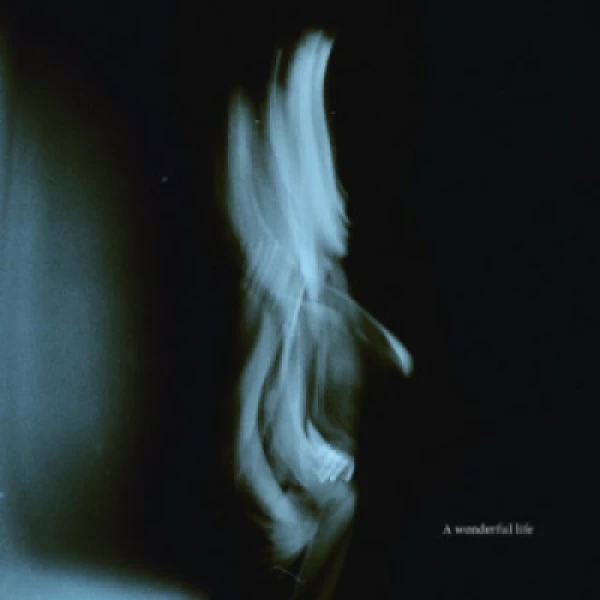
Don't Let Me Go
by Tom Odell
In-depth Analysis of 'Don't Let Me Go' by LyricLens AI
"Don't Let Me Go" by Tom Odell is a deeply raw and emotionally charged ballad exploring themes of intense emotional dependency, vulnerability, and a profound fear of loss. The song paints a picture of a relationship marked by both rapid, passionate connection ("We fell in love very quick / Something about us just clicked") and an underlying sense of fragility or perhaps even self-destructive tendencies ("Maybe we're sick, sick in our hearts").
Themes Central to the Song:
- Emotional Dependency & Fear of Loss: The repeated plea "Don't let me go / I won't let you go" highlights a desperate yearning for reassurance and permanence.
- Vulnerability & Mental Anguish: Imagery like "You're filming yourself and you're crying" and "scars on your arms" suggests shared struggles and a need for comfort.
- Societal Anxieties: References to "the building is filling with smoke" and "the forest is filling with fire" create a backdrop of external chaos and uncertainty.
Odell uses vivid, almost cinematic imagery, from miniature whiskey to smoke-filled rooms, creating an intimate yet unsettling atmosphere. Ultimately, it's a powerful depiction of love intertwined with a potent fear of abandonment and the desire to hold onto a lifeline amidst chaos.
Q&A & Fun Facts: 'Don't Let Me Go'
What is "Don't Let Me Go" by Tom Odell about?
"Don't Let Me Go" explores a raw, intense emotional dependency within a relationship, coupled with a deep fear of abandonment and vulnerability. It delves into the fragility of love amidst personal struggles and external chaos.
What emotions are prominent in the lyrics of "Don't Let Me Go"?
The song is steeped in feelings of desperation, anxiety, profound love, intimacy, and a haunting melancholy. There's a palpable sense of longing for connection and reassurance.
What do lines like "The city is filling with smoke" and "The forest is filling with fire" symbolize?
These lines likely symbolize external pressures, societal anxieties, or personal turmoil that threaten the stability of the relationship. They create a backdrop of chaos and impending doom, amplifying the desperate need for connection.
Is "Don't Let Me Go" a typical love song?
While it's undoubtedly about love, it's not a conventional romantic ballad. It's a darker, more complex exploration of love's shadows, focusing on dependency, shared pain, and the desperate plea to maintain a vital connection.
Fun Facts:
- Released in 2025, "Don't Let Me Go" is part of Tom Odell's album "A Wonderful Life," showcasing a more introspective and emotionally intense side of his songwriting.
- The raw imagery, like "scars on your arms" and "filming yourself and you're crying," suggests a very personal and unvarnished glimpse into the characters' inner lives and struggles.
- The song's title, "Don't Let Me Go," acts as both a tender plea and a desperate command, encapsulating the central theme of attachment and fear.

Comments
Join the Conversation
Create an account or log in to add your own interpretations and comment on community analyses.